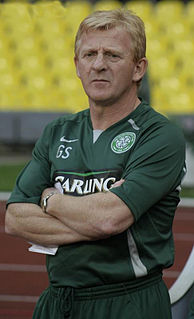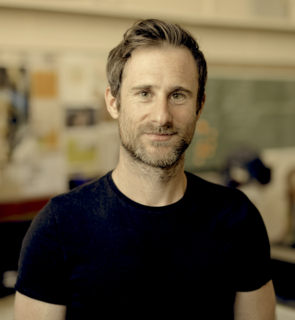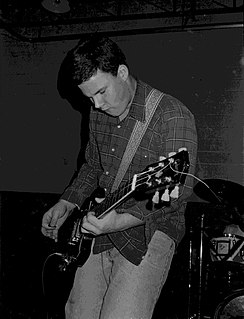A Quote by Maisie Williams
I'm sorry; I ruin people's interviews because I just talk about rubbish.
Related Quotes
The more readings a novel has, even contradictory, the better. In journalism, you talk about what you know; you have provided yourself with records, you have gathered information, you have performed interviews. In a novel, you talk about what you don't know, because the novel comes from the unconscious. They are very different relationships with words and with the world. In journalism, you talk about trees; in the novel, you try to talk about the forest.
I am so proud of being a Paralympian because I think the Games are a very good platform for disabled persons to perform themselves. Within the Paralympics movement, it's not just talk about excellence; it's not just talk about the competition. It's also talk about the equality and how your world accepts those disabled people.
On the contrary, it's because somebody knows something about it that we can't talk about physics . It's the things that nobody knows anything about that we can discuss. We can talk about the weather; we can talk about social problems; we can talk about psychology; we can talk about international finance gold transfers we can't talk about, because those are understood so it's the subject that nobody knows anything about that we can all talk about!
Sorry means you feel the pulse of other people's pain as well as your own, and saying it means you take a share of it. And so it binds us together, makes us trodden and sodden as one another. Sorry is a lot of things. It's a hole refilled. A debt repaid. Sorry is the wake of misdeed. It's the crippling ripple of consequence. Sorry is sadness, just as knowing is sadness. Sorry is sometimes self-pity. But Sorry, really, is not about you. It's theirs to take or leave.
It's not hard for me to be honest with my fans because that's what I set out to do from the beginning - I've based my entire career off of just trying to do that for them - but I always kind of forget that my real life friends can hear my music and they can watch my interviews if they want and that's when I get kind of like- "oh..." - I don't necessarily sit down and talk to my friends about all the things that I write my music about, because it's easier for me to write music than to sit and talk to my friends about it sometimes- it's almost like writing in a diary.
There's a book of interviews with John Cage by Joan Retallack called Musicage that was finished the summer that he died, in 1992. And in one of the last interviews, he was very excited to talk about nanotechnology. There's real technophilia from him, a kind of utopian embrace of the idea that nanotechnology will free people up to do what they really want to do.



































